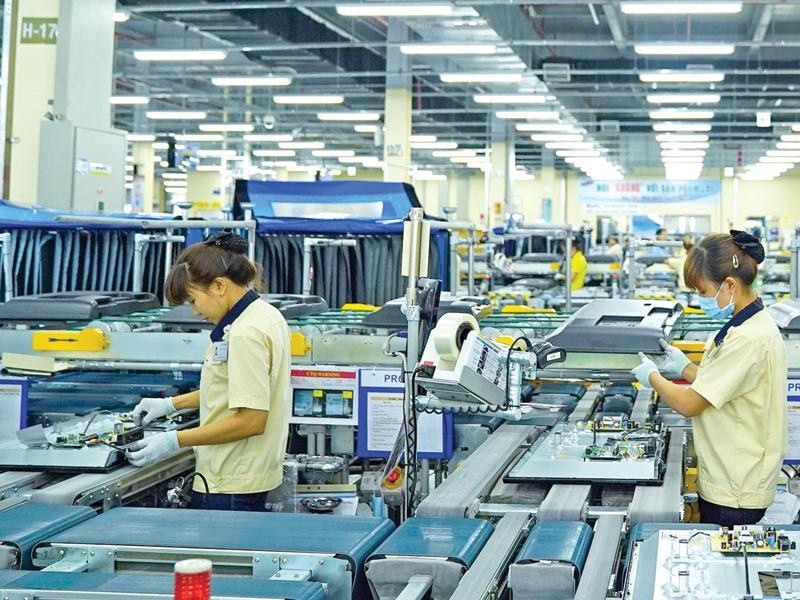
In the first nine months of 2023, total registered foreign investment capital into Vietnam climbed 7.7 per cent on-year to $20.21 billion. Besides that, FDI disbursement in the first nine months of 2023 hit $15.91 billion, rising 2.2 per cent on-year, the highest increase level compared in 2017–2023.
The number of projects is increasing, reflecting that foreign-invested enterprises in Vietnam are gradually recovering and expanding their production and business activities. FDI inflows this year are likely to surpass those of 2022 due to internal and external supporting factors, says KBSV.
In terms of internal factors, Vietnam is promoting foreign investment by issuing attractive support packages and creating a favourable business environment. Besides this, the country also makes good use of competitive advantages, including macroeconomic stability, a favourable location for investment activities, a wide range of free trade agreements, and a strong workforce.
For external factors, Vietnam benefits from the relocation wave out of China. This, coupled with the stability of the Vietnamese dong compared to the Chinese yen, helps boost investor confidence in Vietnam's business environment. The elevation of the US-Vietnam relationship to a comprehensive strategic partnership is expected to draw more capital inflows from the US into Vietnam. Meanwhile, EuroCham's quarterly Business Confidence Index (BCI) nudged up to 45.1 points in the third quarter of 2023, offering a glimmer of hope for Vietnamese businesses after a turbulent year.
According to HSBC, while FDI has come off its 2017 peak due in part to tighter global monetary conditions, Vietnam remains an outperformer in ASEAN in terms of attracting FDI, second only to Malaysia.
Its manufacturing sector accounts for the bulk of FDI, providing hope that it can climb up the value chain, paving the way for a robust rebound when the trade tide turns. New FDI continues to pour into the manufacturing space, this year already exceeding the total in each of the past three years.
Tech supply chain relocation remained in focus during President Biden’s visit to Vietnam in September as the two countries elevated their relationship to a comprehensive strategic partnership. President Biden announced that US tech companies, including Amkor and Marvell, plan to invest in Vietnam, but not only the US is investing there; a few weeks later, South Korea’s Hana Micron joined in by announcing an expansion of its chip production with a $1 billion investment by 2025.
Source: VIR